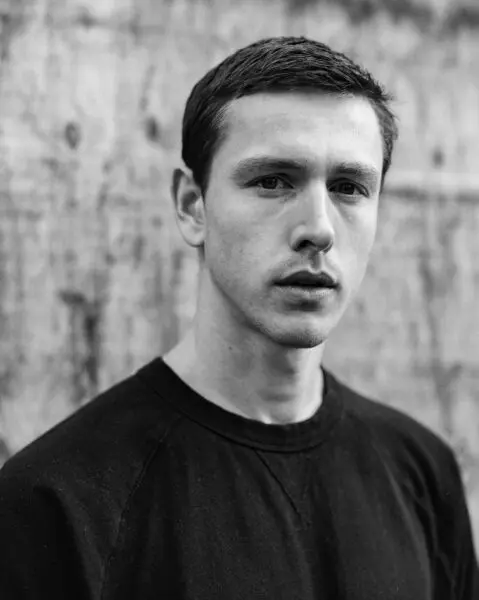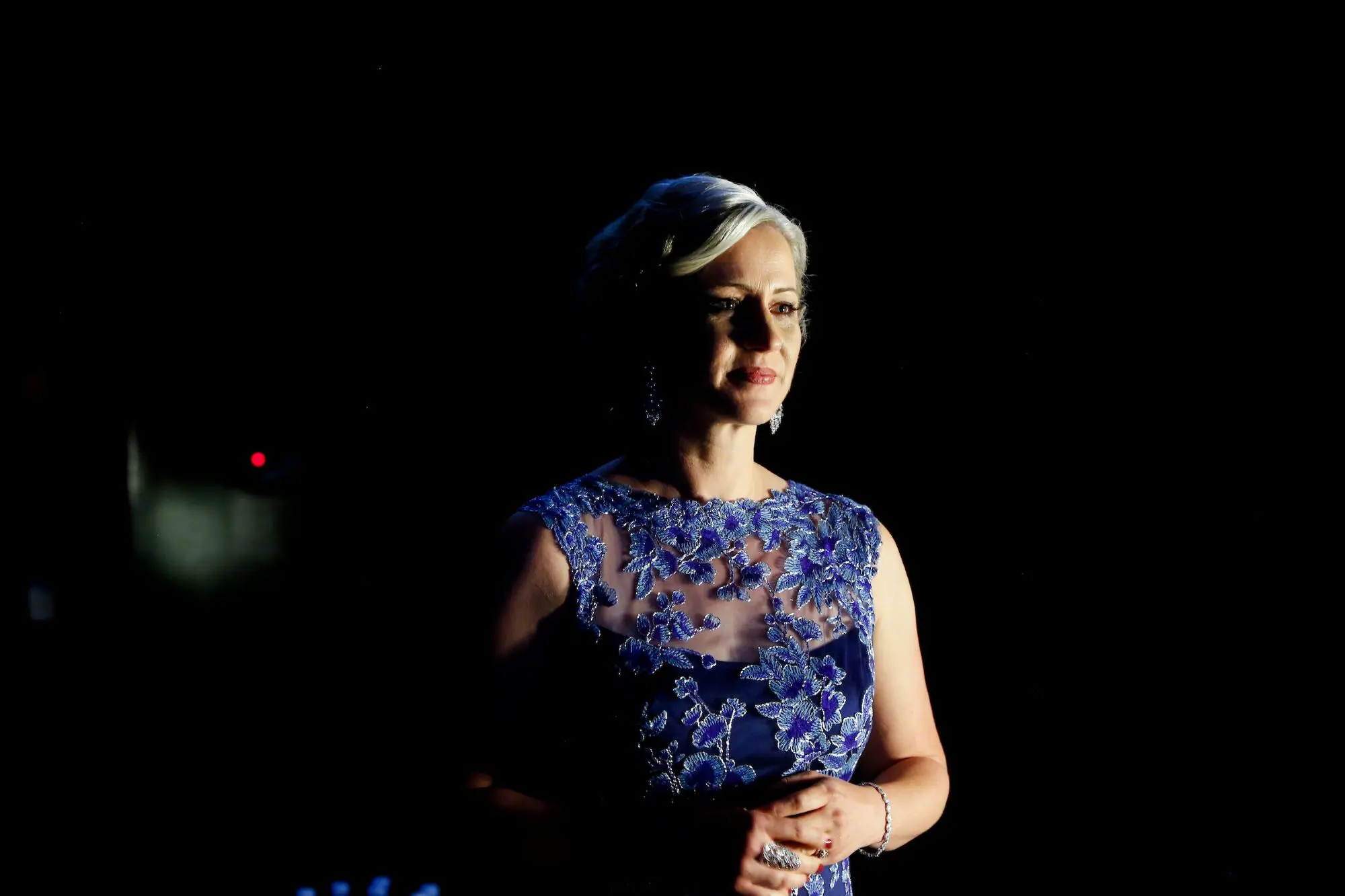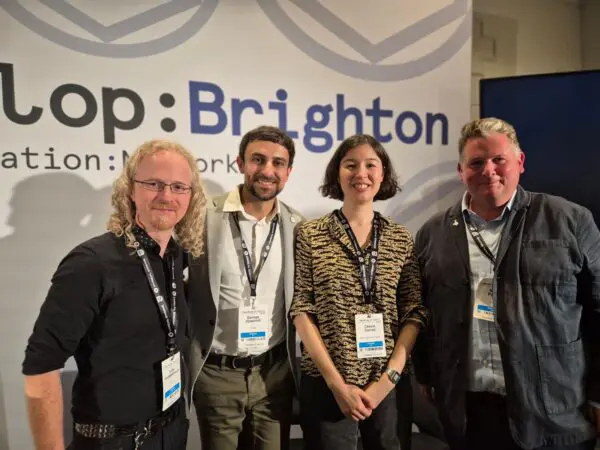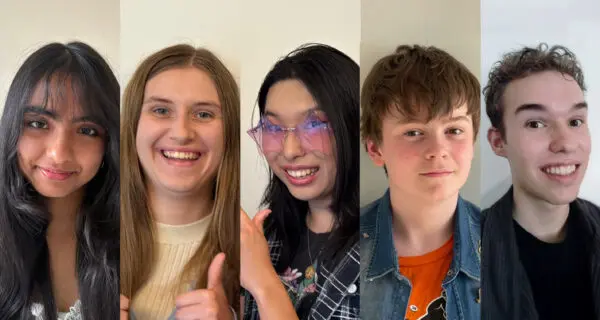During a flying visit to the UK last year, BAFTA-winning voiceover artist Cissy Jones (Firewatch, The Walking Dead, Darksiders) took part in a unique Q&A about her craft, the industry and, in particular, her insight on how to find voiceover work in games. BAFTA paired Jones with BAFTA Crew Member Richard Reed, himself a developing voiceover actor (Elite Dangerous: Horizons, Total War: Warhammer II), for an exclusive one-to-one chat. Here’s what they had to say..
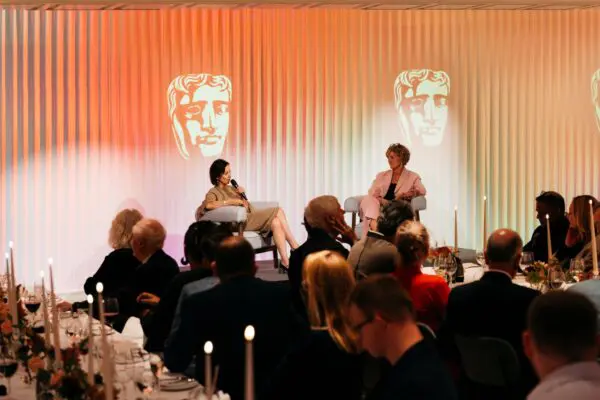
Supporting creatives in uncertain times




